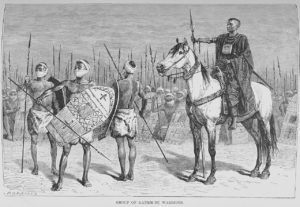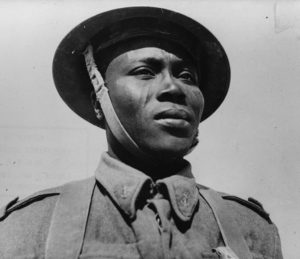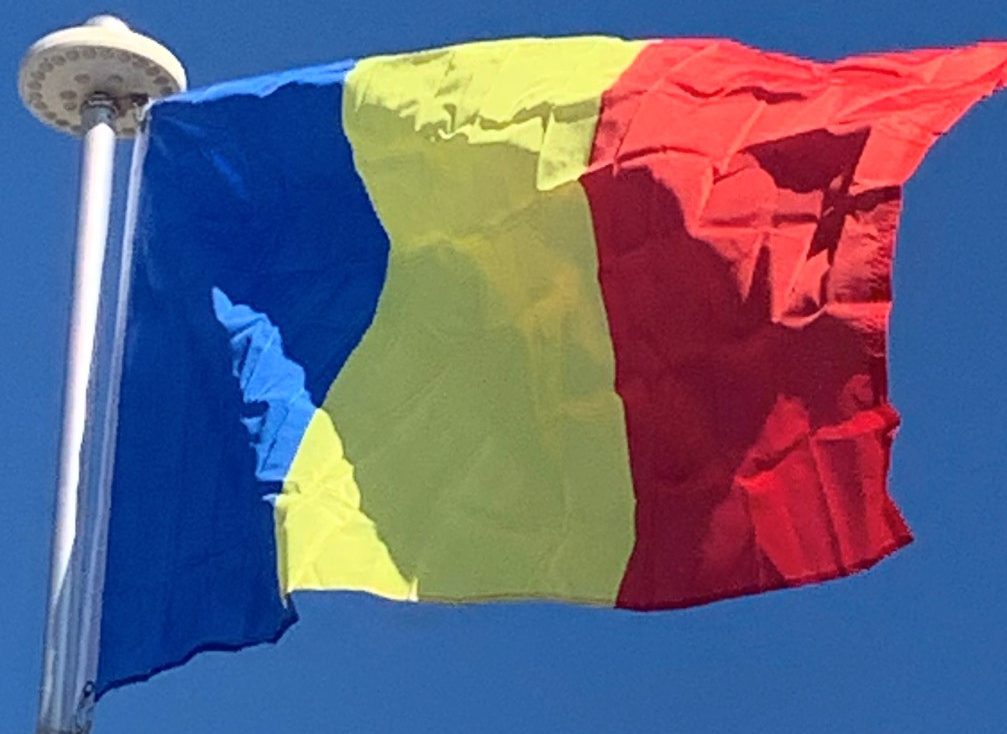
French colonial expansion led to the creation of the Territoire Militaire des Pays et Protectorats du Tchad in 1900. By 1920, France had secured full control of the colony and incorporated it as part of French Equatorial Africa. French rule in Chad was characterized by an absence of policies to unify the territory and sluggish modernization compared to other French colonies.
The French primarily viewed the colony as an unimportant source of untrained labor and raw cotton; France introduced large-scale cotton production in 1929. The colonial administration in Chad was critically understaffed and had to rely on the dregs of the French civil service. Only the Sara of the south was governed effectively; French presence in the Islamic north and east was nominal. The educational system was affected by this neglect.
After World War II, France granted Chad the status of overseas territory and its inhabitants the right to elect representatives to the National Assembly and a Chadian assembly. The largest political party was the Chadian Progressive Party (PPT), based in the southern half of the colony. Chad was granted independence on 11 August 1960 with the PPT’s leader, Sara François Tombalbaye, as its first president.

Two years later, Tombalbaye banned opposition parties and established a one-party system. Tombalbaye’s autocratic rule and insensitive mismanagement exacerbated inter-ethnic tensions. In 1965, Muslims in the north, led by the National Liberation Front of Chad (FROLINAT), began a civil war. Tombalbaye was overthrown and killed in 1975, but the insurgency continued. In 1979 the rebel factions led by Hissène Habré took the capital, and all central authority in the country collapsed. Armed factions, many from the north’s rebellion, contended for power.
The disintegration of Chad caused the collapse of France’s position in the country. Libya moved to fill the power vacuum and became involved in Chad’s civil war. Libya’s adventure ended in disaster in 1987; the French-supported president, Hissène Habré, evoked a united response from Chadians of a kind never seen before and forced the Libyan army off Chadian soil.
Habré consolidated his dictatorship through a power system that relied on corruption and violence with thousands of people estimated to have been killed under his rule. The president favored his own Toubou ethnic group and discriminated against his former allies, the Zaghawa. His general, Idriss Déby, overthrew him in 1990. Attempts to prosecute Habré led to his placement under house arrest in Senegal in 2005; in 2013, Habré was formally charged with war crimes committed during his rule. In May 2016, he was found guilty of human-rights abuses, including rape, sexual slavery, and ordering the killing of 40,000 people, and sentenced to life in prison.
Déby attempted to reconcile the rebel groups and reintroduced multiparty politics. Chadians approved a new constitution by referendum, and in 1996, Déby easily won a competitive presidential election. He won a second term five years later. Oil exploitation began in Chad in 2003, bringing with it hopes that Chad would at last have some chances of peace and prosperity. Instead, internal dissent worsened, and a new civil war broke out. Déby unilaterally modified the constitution to remove the two-term limit on the presidency; this caused an uproar among the civil society and opposition parties.
